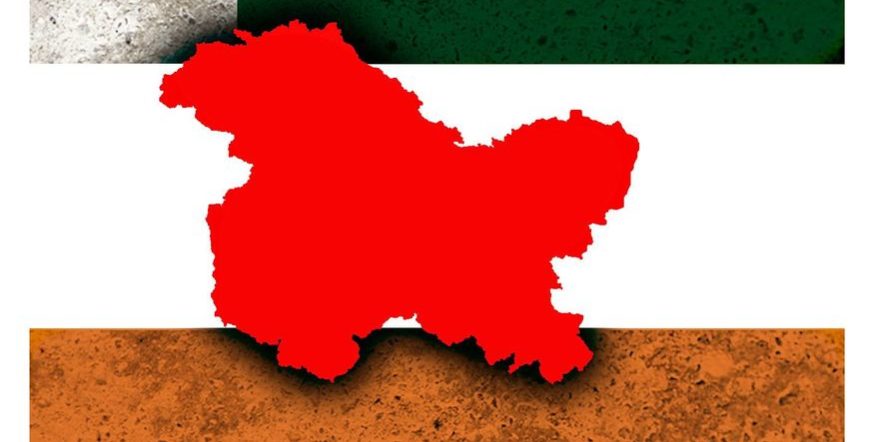Why the U.S. must mediate Kashmir under a nuclear shadow
Kashmir Updates -Jack Rosen- 2 September, 2019
You don’t have to be Jewish to know that land disputes between nations can be volatile and intractable things. Today, one such dispute finds two nuclear powers facing off, and its resolution — in which one-fifth of the world’s population hangs in the balance — is in President Trump’s power to shape.
One year before Israel was born, an autonomous region known as Kashmir came into being, a result of the end of the British Empire in India and the establishment of a neighboring Muslim-majority nation called Pakistan. And since that day in 1947, India and Pakistan have been in conflict over Kashmir, which lies between them. Two weeks ago, India announced that it would abandon Kashmir’s autonomous status and moved quickly to further militarize the region, creating a virtual blackout of information and electricity for millions of residents.
Kashmir is a delicate issue that the United States and the United Nations, as well as India and Pakistan, have worked hard to balance over the years, especially given the nuclear stakes. India’s move is thus a break with this tradition of diplomatic even-handedness and military restraint. If the lessons of Israel-Palestine teach us anything, it is that blunt, unilateral force is not a true solution but a path to conflict and war. Indeed, pressure is building upon the Indian and Pakistani leadership to take decisive action.
Given that India and Pakistan are both nuclear powers, escalation of tensions between the two countries is incredibly dangerous. Just last month, President Trump, in a meeting with new Pakistani Prime Minister Imran Khan, offered to personally mediate the dispute.
- January 26: Kashmir’s Black Day - January 26, 2026
- Unfulfilled Promise of Self-Determination in IIOJK - January 22, 2026
- Socio-Economic Transformation in Kashmir, Post-Article 370: Never Ending Anxieties Of Kashmiris - December 23, 2025






